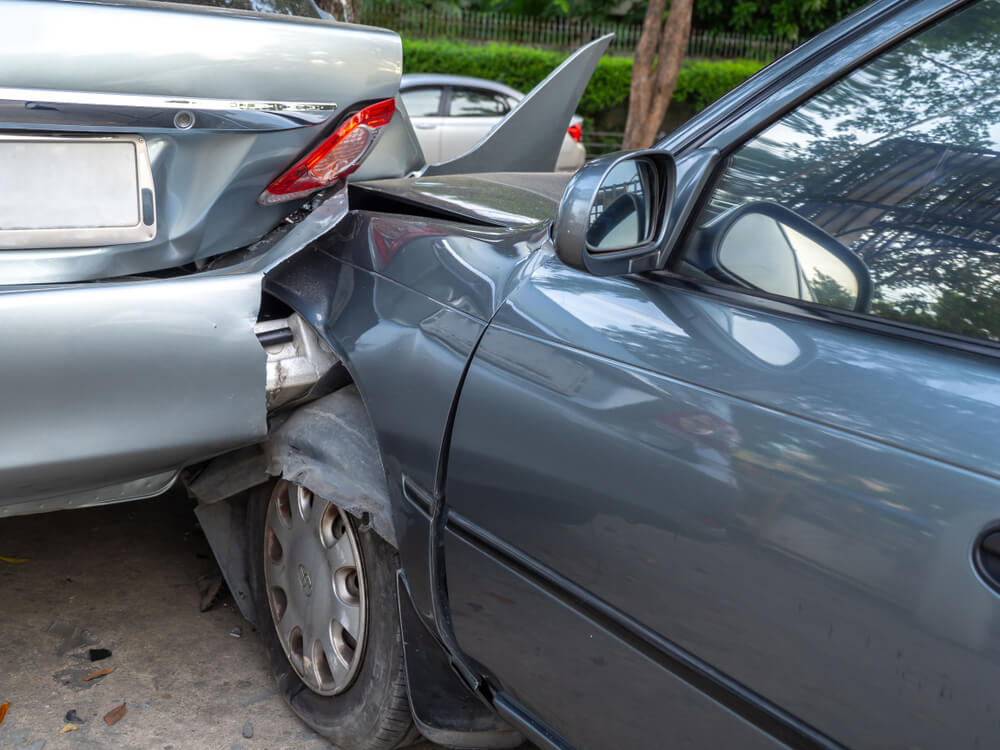The Correlation Between Car Accidents and Mental Health Issues
The DSM-5 includes a Life Events Checklist, which assesses the likelihood of trauma in a person’s life. A transportation accident is third on the list, highlighting the fact that many involved in collisions can suffer trauma responses.
If you or someone you love has been injured in a car crash, it’s time to explore your legal options with the team at Reeves & Mestayer. Call us at 228-300-2754 to set up a consultation now.
The Immediate Aftermath of a Crash
Trauma asserts itself in a variety of ways, and it’s important to recognize how it changes over the course of your recovery. In the minutes and hours after an accident, you may go through dozens of emotions as you process what happened. Some common mental health concerns include:
- Shock: We’ve all seen car accidents, but that doesn’t prepare you for the experience of being involved in one. It may take you time to accept what happened.
- Anxiety and panic: Anxiety and panic often set in shortly after a crash. Victims may even be too afraid to get back in a vehicle to go home or seek medical care. In some cases, victims are in such a state of panic that they cannot communicate clearly or decide what to do next.
- Guilt: This emotion is particularly common for those who are not seriously injured, but know that someone else was seriously injured in the crash. They may wonder why they got to walk away with minimal injuries or if something they did caused the other person harm.
- Self-blame: Whether or not the cause of the accident is known, it’s very common for drivers to blame themselves after the fact. They might replay the accident over and over in their mind, looking for things they could have done differently or ways they could have avoided the crash.
- Sleep issues: If you are involved in an accident, you may have trouble sleeping. On the other end of the scale, you may have a hard time staying awake or getting up in the morning. Both extremes may indicate trauma.
- Disassociation: While some people experience extreme emotions after a crash, others may seem to be completely unaffected or apathetic. People who disassociate may feel as if they are watching the accident play out, rather than experiencing it firsthand.
How an Accident Can Affect Your Mental Health Long-Term
Once the initial effects of the accident wear off, some people recover without further mental health concerns. Others, particularly those involved in severe or fatal accidents, may suffer long-term mental health issues because of the crash.
Some accident victims develop serious mental health diagnoses as a result of their trauma. Depressive disorders, anxiety disorders, and post-traumatic stress disorder are all relatively common diagnoses. They can have a significant impact on your quality of life, ability to work, and ability to take care of your family.
Agoraphobia is another potential outcome. Instead of recognizing the accident as a one-time event that’s unlikely to happen again, those who develop agoraphobia may believe that leaving the house is an unnecessarily risky choice that will lead to another accident. This disorder can quickly become extremely severe, leaving individuals unable to work, go to medical appointments, or see loved ones.
Some attempt to cope with the fallout of a car accident by turning to drugs or alcohol. Addiction and substance abuse problems may follow a crash.
Getting the Support You Need
Seeking mental health support may seem overwhelming when you already have so much to do after an accident. However, professional mental healthcare can have a massive impact on your quality of life and mental well-being. Counseling, support groups, psychiatric care, and inpatient care are all avenues to explore.
Get the Legal Representation You Deserve with Reeves & Mestayer
If the cost of mental healthcare is keeping you from seeking treatment after an accident, know that you may be able to seek compensation from the liable party. A fair settlement may cover your medical treatments, mental healthcare, lost wages, and other losses. Learn more now by calling us at 228-300-2754 or reaching out online.







